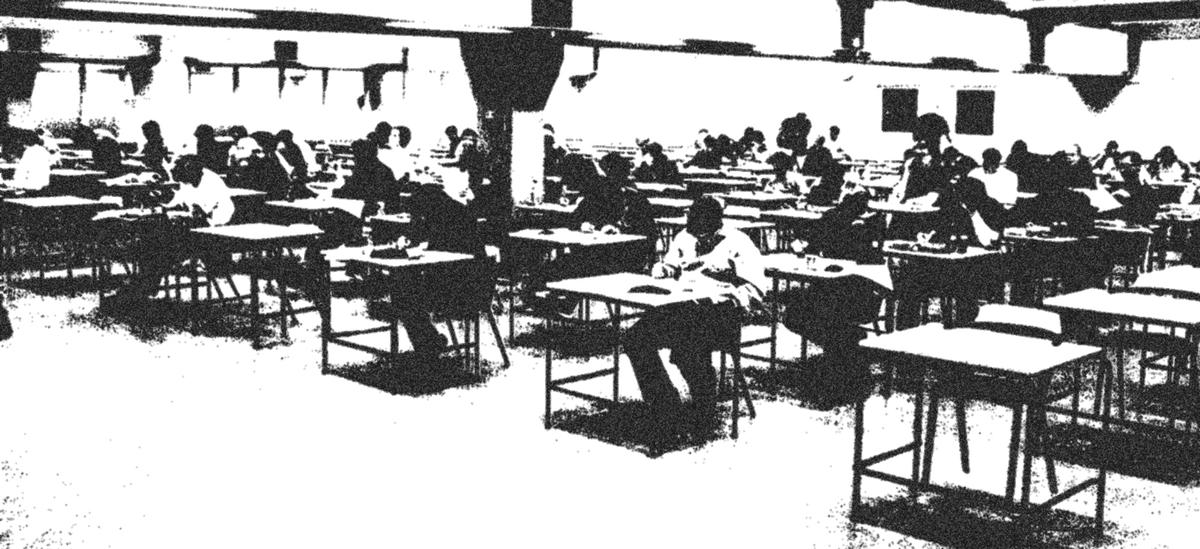Health & Wellbeing
Supporting your student during the Trial HSC exam period

Health & Wellbeing
Supporting your student during the Trial HSC exam period


Whether you are a first time parent / guardian of a year 12 student, or you have supported one or more going through the HSC it is a challenging and intense time for our young people … and sometime for those around them.
There is no perfect plan for a student to navigate the HSC, just as there is no ideal way to support a student through the process, however there are some helpful things to keep in mind:
The first and possibly one of the most important suggestions I can make is to talk to your young person about their preparation for the exams in relation to their study routine and their self care. Remember that they may be feeling overwhelmed and exhausted and may not have the energy to engage in such discussion, so be patient.
Forcing a discussion about a matter that is already stressful is challenging. Consider starting a discussion at a helpful time, eg driving in the car can be useful, there is minimal eye contact and it is less confronting, others may find another quiet time more useful, asking your young person about a good time to talk may be helpful.
If your young person is open to talking, consider the following as possible topics to get started:
What works well for you preparing for exams?
Eg. Do you work well working in a quiet space at home or at the town library?
What does not work so well?
Eg. Do you find it useful to study without your phone next to you and perhaps having some allocated time on your phone when you are having a break?
What can I do to support you?
Eg. If you give me a list of healthy snacks and a few treat ideas I could make sure there are things ready when you need a break?
Is it helpful if I encourage you to go for a walk with me each morning?
Is there anything I do or have done that has been unhelpful in the past?
Eg. Is there anything I am saying that makes you feel stressed when you are trying to study or puts more pressure on you?
Other things to consider:
Routines and responsibilities are helpful in families, during the exam period consider more flexibility and letting things go in relation small things like leaving the lights on, or putting the bis out.
Tolerating poor or destructive behaviour is not helpful for anyone, but if there are small things you can let go, it may be helpful. Eg. If they are a bit snappy or quiet.
Gentle reminders to stay on track can be useful, avoiding nagging.
Encouraging a balance of activities to ensure self care is being attended to. Exercise, fresh air, healthy diet, sunshine and time with family/friends are important to reduce the likelihood of burn out or isolation.
Making a student feel guilty for not studying all the time does not encourage them to study more. Positive reinforcement is helpful.
Allow your young person to be independent, but also aware of the importance of support seeking behaviours. Support may not necessarily be from parents and guardians, this is often ok.
KidshelplineWeb site HERE
Phone 1800 55 1800
HeadspaceWeb site HERE
Phone 69 233 170
REACH OUTWeb sites HERE
BEYOND BLUEWeb site HERE
LifelineWeb site HERE
Mental Health Accesline
1800 800 944
Rachel Smith | College Counsellor